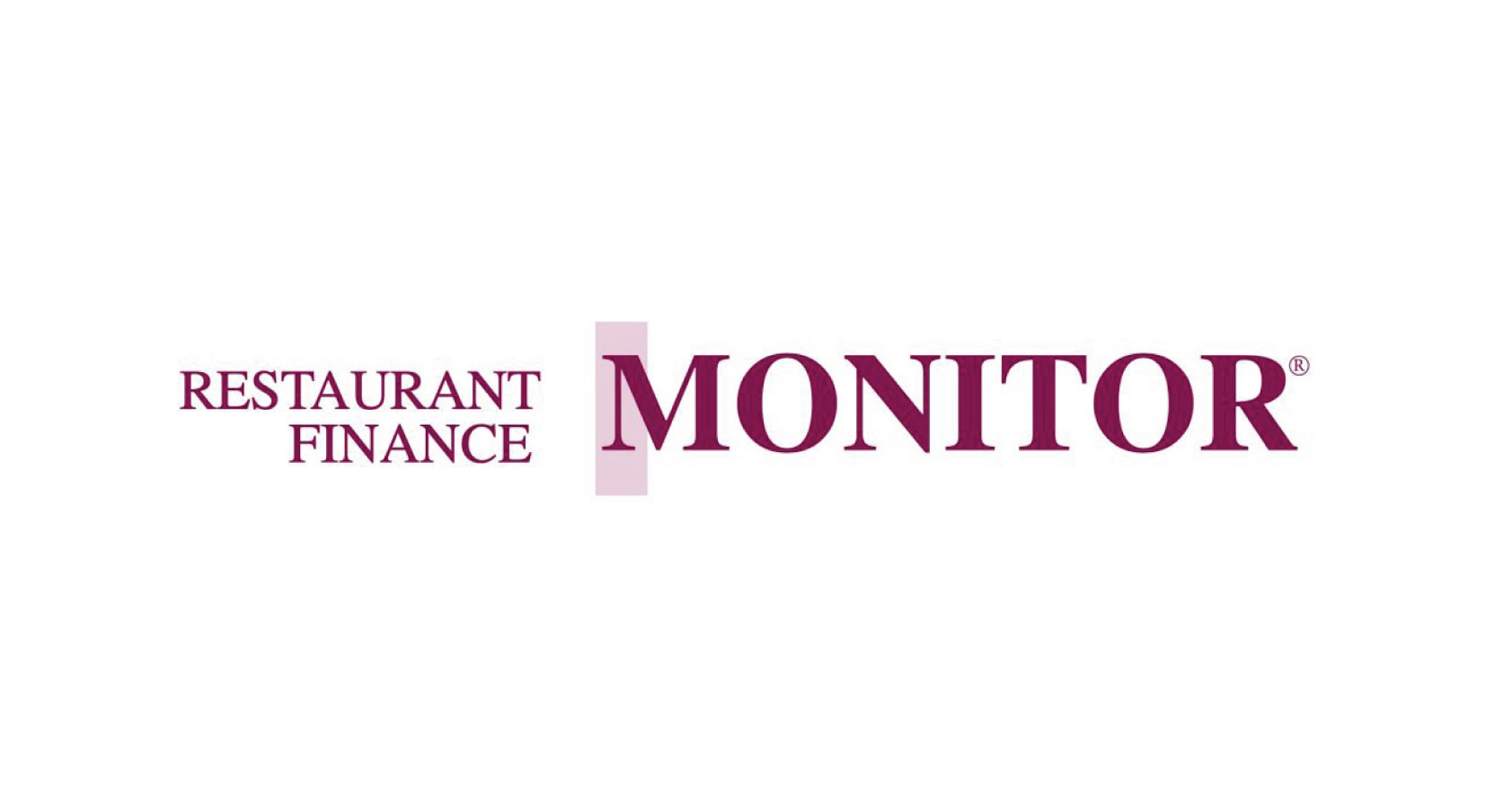One thing I’m frequently asked is “How do I structure my restaurant company?” Most people asking the question either already have multiple units or intend to follow a multi-unit growth plan. If your goal is to be a small restaurant operator of your own concepts, my advice would be to place each restaurant in a separate entity using a holding company, and making sure the intellectual property is held separately. It’s a quick answer for a common structure. But, if you have multiple units, be they franchised or not, and a growth strategy, the answer is a bit more involved.
Multi-unit restaurateurs should look at owning the real estate when possible. As part of your growth strategy, you also may develop other related types of enterprises, such as catering, that deserve a separate company. The businesses and assets to be dealt with are intellectual property, franchise rights, the pure operations of the business and management that provides various services to each of the restaurants. All of these have concerns about issues of liability protection, taxes, accounting and, of course, financing.
Taking all this into account, let’s start with your operating company. If you plan to have multiple units, you can either keep them in one operating company, or in special cases such as diverse geography or being able to self-insure or other potential liability issues, they can be placed in individual entities which are subsidiaries of a holding company. They are then looked at as single-member entities for a consolidated tax return. You still have the protection of individual liability by entity. This also allows you to do additional planning, particularly in the compensation area.
For franchisees, one consideration is the franchisor may want a separate entity for its concept and does not want intermingling in a corporation or LLC with different franchise brands. Also, in certain states or cities, the liquor license may need to be in a separate entity.
If you are going to own the real estate, ensure it’s held in a separate entity with leases to the operating entities. If you use a real estate entity, it’s easier to do sale- leasebacks, like-kind exchanges or separate financing. But the biggest benefit is if you sell, you can retain the real estate. I’ve been trustee for many restaurant owners who have sold the operations but kept the real estate, which is now in trusts for the grandchildren and provide passive income.
Here are the primary reasons you may want to set up a management company:
- It provides understandable accounting when you charge a management fee for general administrative expenses. This also allows for proper allocation of corporate expenses, otherwise you are splitting it between different entities.
- It’s a good way to compensate your management team in a more focused manner. This can allow them to have ownership of the management company for the services performed for the individual restaurants or third-party companies.
- Assuming there isn’t a control group issue, you can also set up different kinds of benefit plans. If it’s a non-qualified benefit, such as deferred compensation, then there is no issue as to discrimination.
- In many cases, when the management company is a c-corp with a fiscal year and handled on a cash basis, you can shift income to another tax year, which may have a great ability for tax savings. If ownership controls the IP and lives in a non-or low-tax state such as Florida, you can then license the IP to an operating entity in a high-income state, getting the deduction for the royalty payment, and sheltering the income royalty from state income tax in the low tax state.
While this isn’t the only way to structure your company, it’s a good model to start from and then personalize for your individual situation. And don’t be afraid to ask for help. Growth can be challenging in the best of times.
From the March 2025 issue of Restaurant Finance Monitor
Author
-

Co-founder and chairman of Monroe Moxness Berg PA, Dennis is a pioneer in corporate financing with a broad network of finance contacts and clients. He assists businesses, from emerging companies to multinational firms, by providing creative ideas, identifying unique financing sources, and developing the financial tools necessary for their growth and development.
